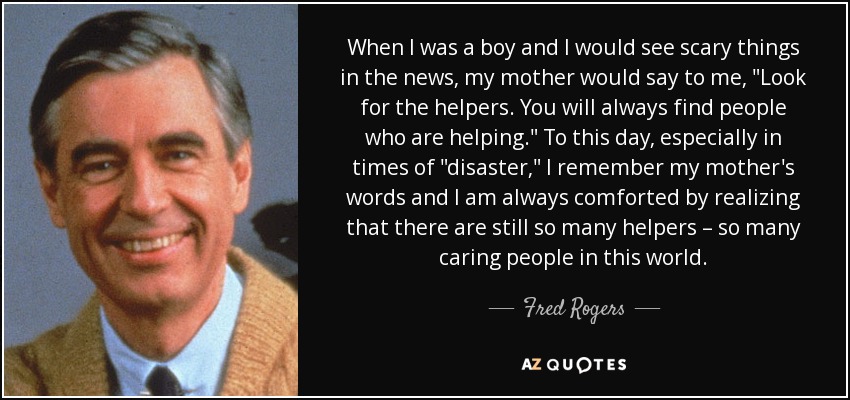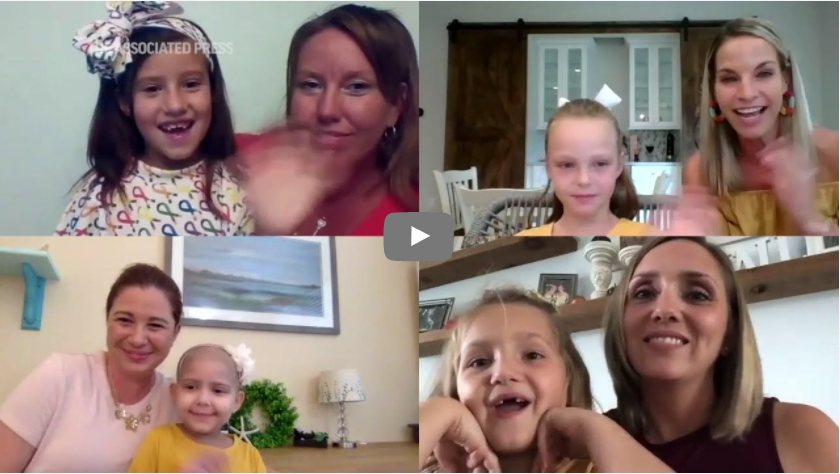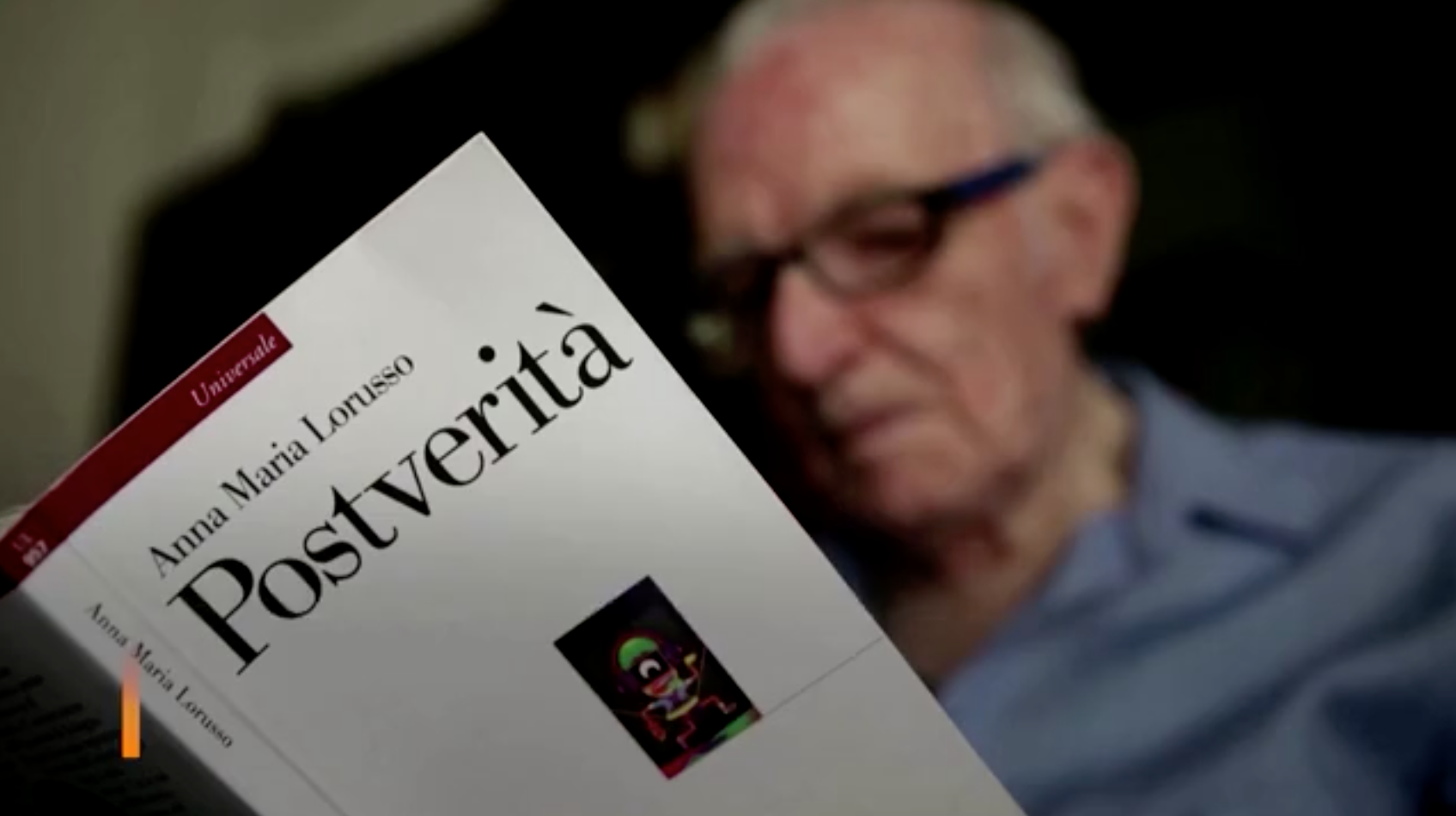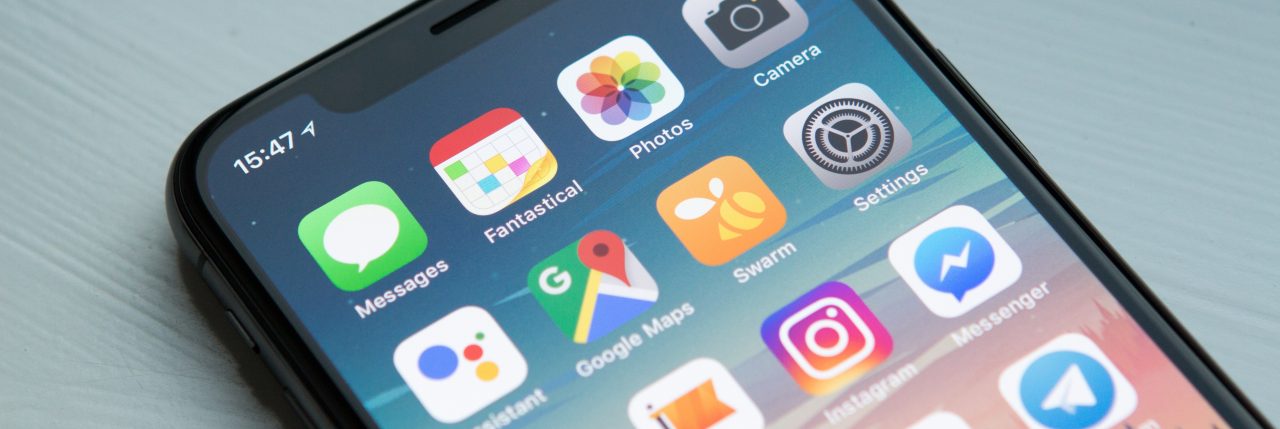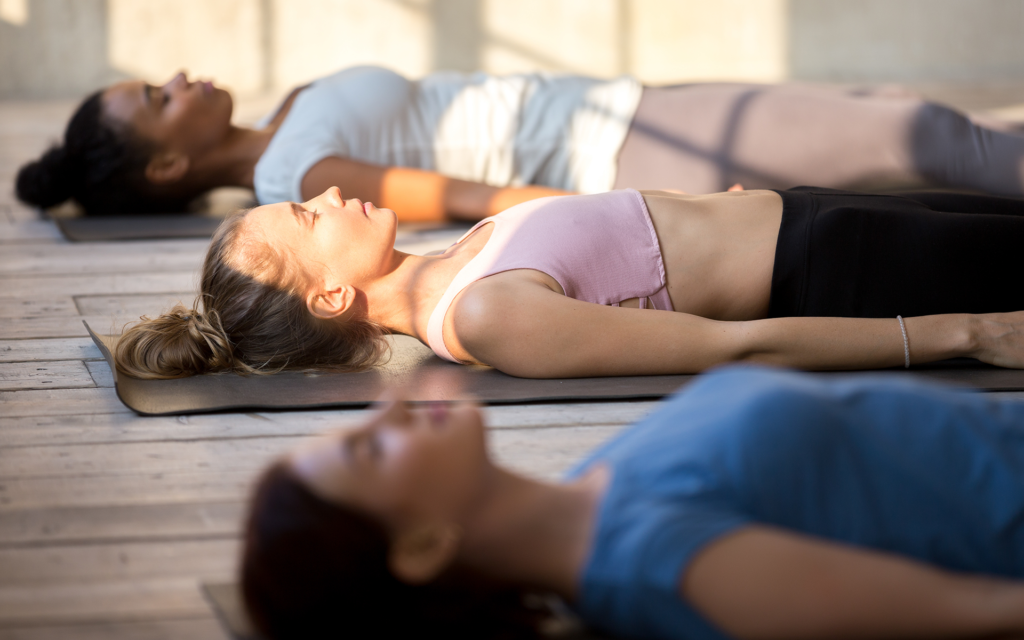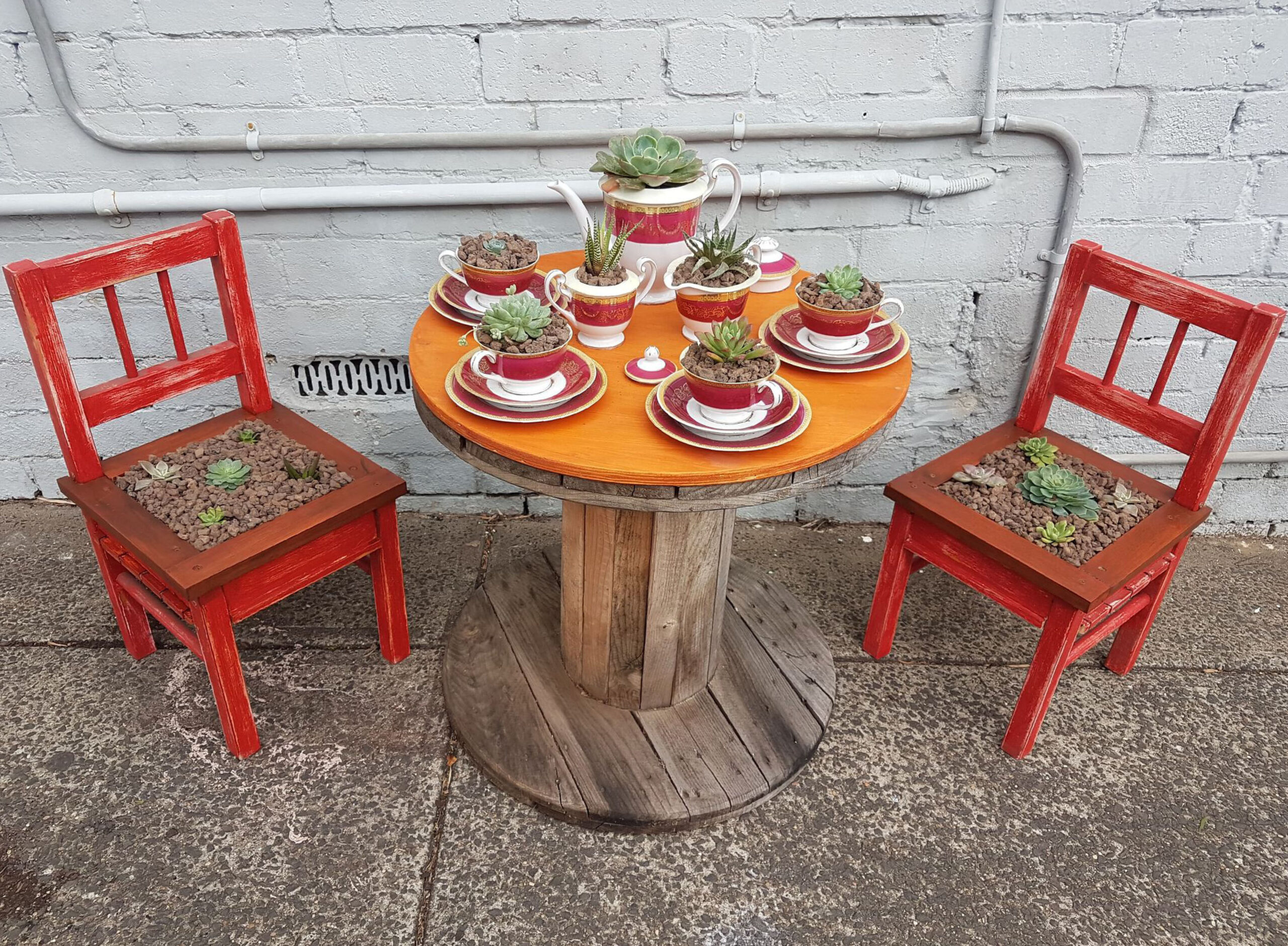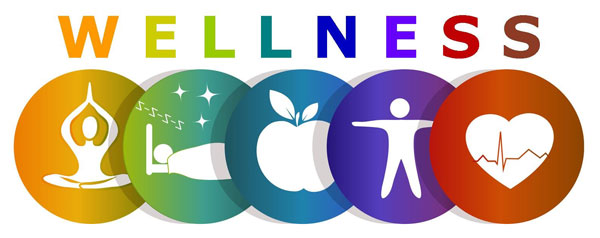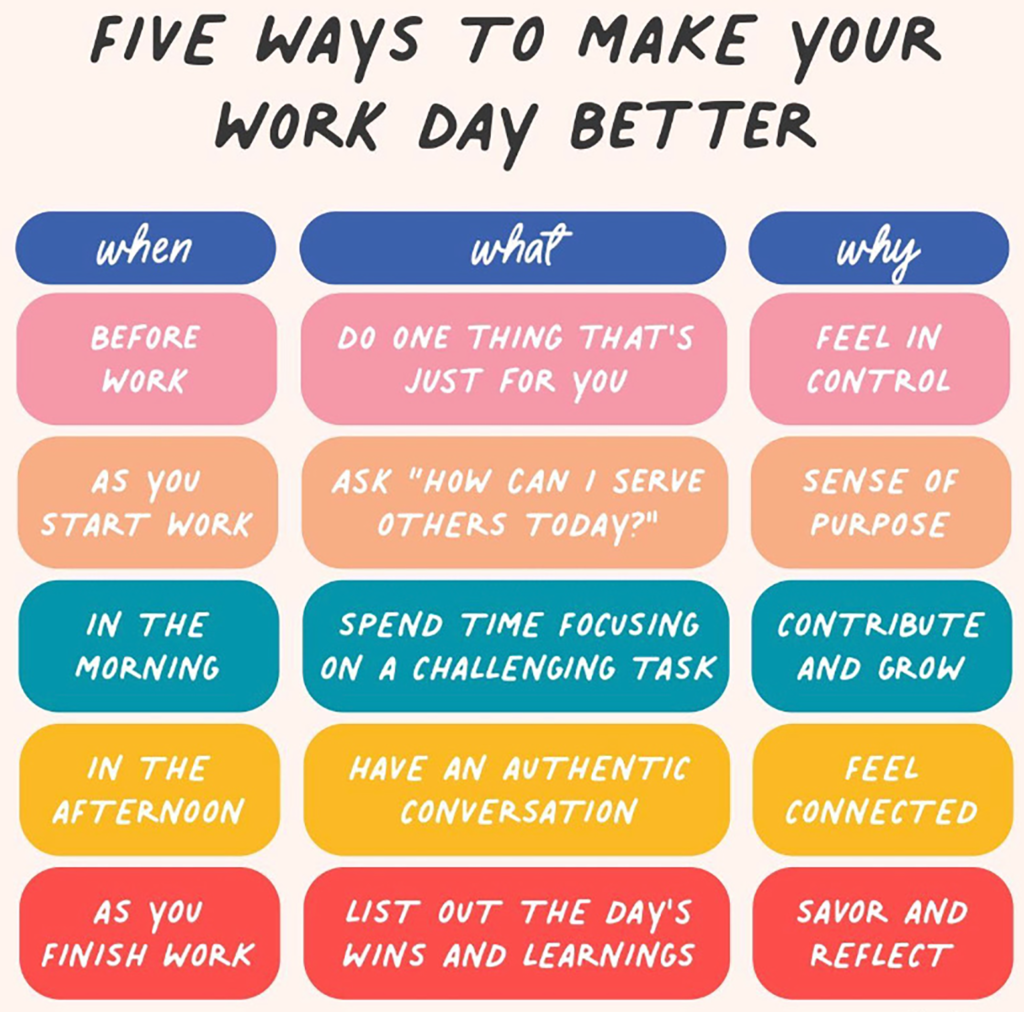The use of the word “peace” in University of Ottawa’s “Peace Week” can give pause to those not familiar with the event, though the word choice was very intentional. “[Peace] means many, many different things,” said John Packer, associate law professor and director of U of O’s Human Rights Research and Education Centre (HRREC). There exists the concept of both positive and negative peace—negative peace being the absence of war or armed conflict; positive peace being the management of a society’s inherent disputes to maintain equanimity through the construction of sustainable institutions and reconciliation of past wrongdoings. “If the intention is to have [an event that] that focuses and activities, then at least the English phraseology should be renamed to a health and wellbeing week,” said Packer. “But if the idea is to encompass peace in the terms that we’re talking about, some fashion of broader peace, then I would say keep the name and add some activities for peace on campus and around us.”
To that end, each year University of Ottawa offers peace week, and COVID did not stop it this year, though things do look different. This year, festivities featured virtual events focusing on the wellbeing of stressed-out students. From psyches to pet therapy and at-home yoga, to mindful meditation and life hacks applicable to modern life (all of which were accessible from wherever one may access the internet) Peace Week featured a large variety of events. But it also involved frank discussions on topics ranging from employment prospects before COVID and in the post-COVID world to the contribution of organizations like Black Lives Matter to advancing greater issues of peace and justice.
Learn more about this program at the University of Ottawa student newspaper.


